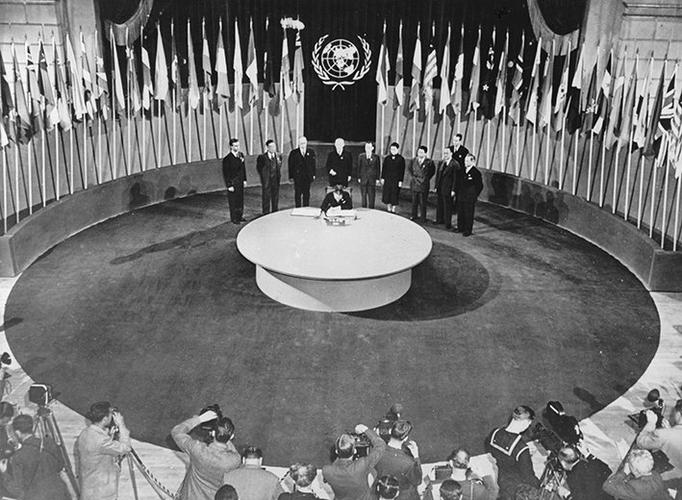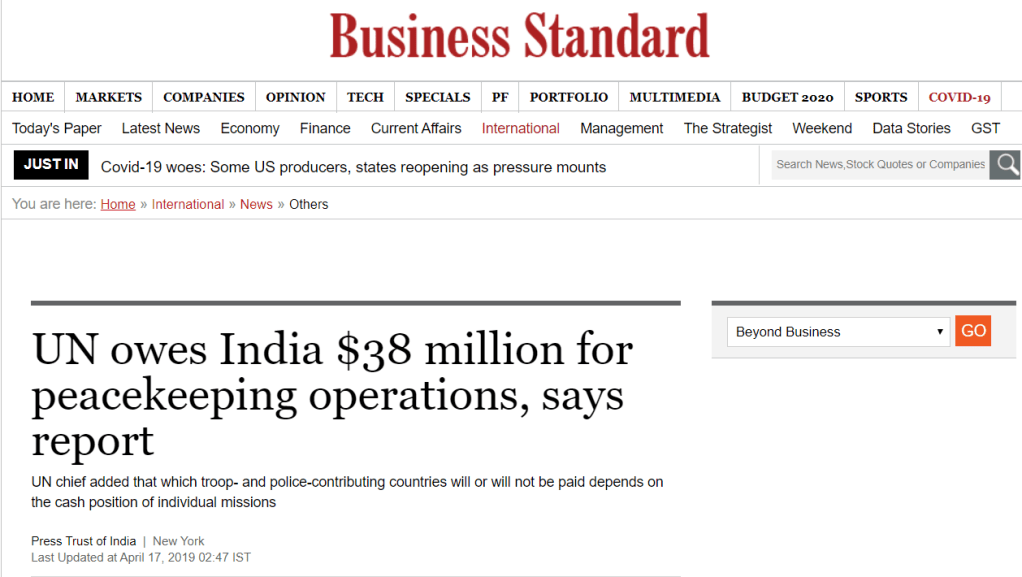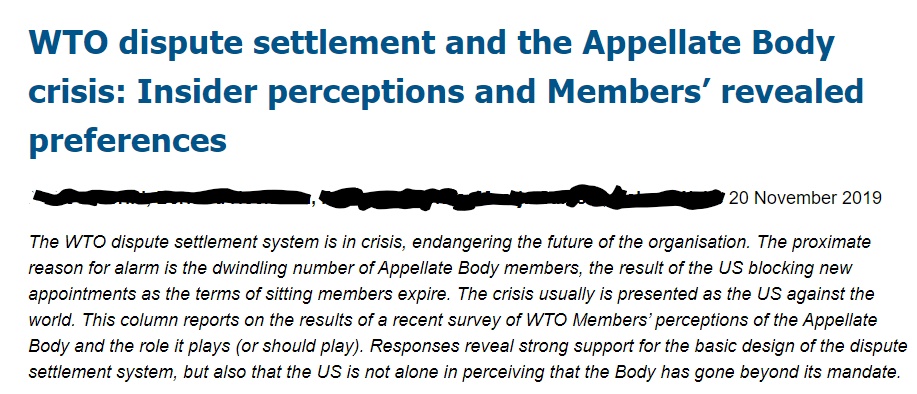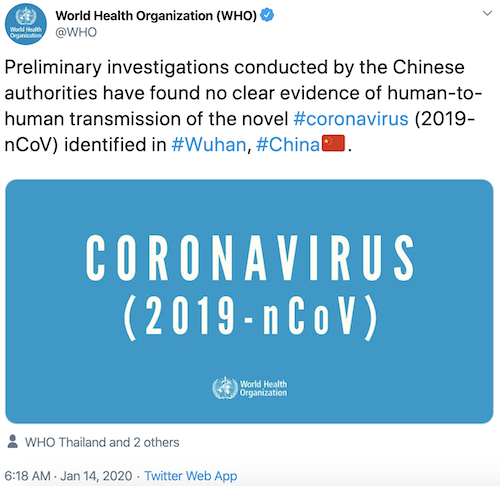Post the second world war, the Allied powers created the United Nations after ratifying the UN Charter in their respective countries. What started as a conglomeration of 51 countries, today is a body of 193 nation states.
The idea for an international organisation to ensure a peace and order around the globe germinated towards the end of the second world war. It was at the Quebec Conference in August 1943 where the idea fructified under the ideal of ‘a general international organisation, based on principle sovereign equality of all nations’.

However, in recent years, the United Nations has not lived up to its core ideal. The bodies of the organisation are becoming political boxing rings for countries to settle scores. And at times are behaving like mouthpieces. The legal entities whose rulings are to be heeded are left ignored by member nations in violation of obligations under the UN Charter.
The political developments taking place across countries on the planet are making countries conscious of protecting their individual interests by themselves as the UN bodies are turning to be paper tigers.
From the WHO that is being raked over coals for its blatant propaganda acting as a mouthpiece for the Chinese regime and its inefficiency in handling the Wuhan Coronavirus has brought its credibility under scanner. The inefficiency seems to extend to its most powerful organ, the United Nations Security Council (UNSC) as well.
This continued bout of inefficiency could bring the UN organisations under scrutiny a post pandemic world and it might sound the beginning of the journey of the United Nations becoming a second League of Nations.
The question here on people’s mind would be how? The answer lies is the functioning of these bodies in the recent history. Examining them under a critical lens might lens might shed some light on it.
United Nations Security Council (UNSC)
The most powerful organ of the United Nations, tasked with maintaining international peace and security is unable to fund its own operations. Under its mandate, the UN Security Council has various UN Peacekeeping missions across various nations. The UNMOGIP formed in 1949 is tasked to report on the ceasefire violations at the Line of Control is one such mission.
The countries whose troops are deployed in areas of conflict as peacekeeping forces are paid money for the assistance provided. The United Nations owes $2 billion to member nations for providing troops for peacekeeping forces. The largest chunk of this debt, an amount of $38 million is owed to India. Despite being the biggest contributors to the Security Council, India does not find a permanent seat at the high table. The G-4 nations of Brazil, Germany, India and Japan have been advocating for reforms of the Security Council. An important one being an increase in the number of permanent seats reflecting the changing global political order.

The recent pandemic has only served to expose the fissures at the UN Security Council. The perception of various UN organisations becoming pro-China organisations is fast gaining pace. During the SARS outbreak the global body held a meeting on the measures to contain the pandemic as it was under the scope of the body. However the meeting on COVID-19 did not take place during the month of March. The already embattled nation of China facing the heat for non-disclosure of facts did not find it prudent to host a meet under its Presidency at the UNSC as it did not fall under the scope. Nor did any member nation at the body question China.
World Trade Organisation (WTO)
The World Trade Organisation at present finds itself amidst an unprecedented crisis. The crisis though can be partly attributed to be one of its own making. The WTO apart from being a nodal agency framing the global trade rules and regulations; is also an appellate body having limited legal jurisprudence. The appellate body is more of a centre of arbitration than a judicial court.
It has come under criticism from certain quarters due to the arbitrariness of its dispute settlement mechanism. Many member nation feel that the appellate body of the WTO has on a regular basis overstepped its mandate. The other charge levelled against this arm of the WTO is that there has been an inconsistency in the rulings. This method of functioning has worked against the core principles of the WTO. The governments across the globe feel the inconsistent approach of the WTO is creating an atmosphere for unpredictability that is not conducive for businesses to operate.

To address this issue at the WTO, the United States of America has gone for a full scale attack on the WTO. The appellate body which settles trade disputes between nations is being made redundant by the USA. The Trump administration is on a disastrous crusade to fix the issue. The attempts to fix the issue has also resulted in making the WTO a paper tiger. Withholding the appointments of members to the appellate body of the WTO has seen the stack of trade disputes piling up under the settlement mechanism. With a solitary member now constituting the board, it is very hard for the WTO to settle disputes and ensure smooth flow of trade.
UN Convention on the Law of the Sea (UNCLOS)
This organ of the United Nations formed in 1982 is essential for maintaining international maritime peace and security. Countries have adhered to its rulings in disputes and followed its regulations to keep the seas calm. Over the years the organisation played its role in soothing frayed nerves of governments across the world.
China, however, is doing its best to undermine the 2016 UNCLOS tribunal ruling concerning the South China Sea. ASEAN countries like Philippines, Vietnam, Malaysia, Indonesia have contesting claims on a within the South China Sea with China. The Paracel islands, the Spratly islands and the Scarborough Shoal are the major points of contention.
The abundance of natural resources lying in the seabeds in the South China sea is the cause for jostling between these nations. Also being a busy maritime route; it makes the region a veritable pot of gold. China wants to accrue all these benefits to itself. To make its claim based on historical rights, it presented a map with a vague demarcation of the South China Sea, which it calls the nine dash line. This nine dash line shows the entire South China sea as Chinese territory encroaching on coastlines of the ASEAN countries.

Source: The Diplomat
China called the UNCLOS reading which went against it, in so many words as ‘nothing more than a piece of waste paper.’ Since then it has worked hard to militarize the South China Sea. It has built artificial islands near to the disputed sites. Chinese surveillance ships and aircrafts regularly terrorise the shipping traffic in the maritime region. Recently, the Chinese coast guard sunk a Vietnamese fishing ship in the contested waters of the South China Sea.
In contrast, India too received a tribunal ruling that was not in her favour in a dispute with Bangladesh on the delimitation of the maritime boundary in the Bay of Bengal. A major chunk of the Bay of Bengal was awarded to Bangladesh as its maritime territory while India only received a fourth of the entire maritime region. Yet, India abided by the ruling instead of throwing its might around.
But certain countries bulldozing other nations going against conventional international law is making the United Nations institutions obsolete. However I have saved the best for the last.
World Health Organisation (WHO)
The Wuhan virus has brought the planet to a standstill. Every major country in the world is in a state of lockdown. The world has in the past relied on the World Health Organisation to lead in mounting a response against pandemics.
The WHO this time around instead of doing its job is happy being a mouthpiece of China. Japan’s Deputy Prime Minister Taro Aso has gone on to criticise the WHO to rename itself as the Chinese Health Organisation for its inadequate response to the pandemic. Allegations have been flying thick and fast about the appointment of WHO Director-General, Dr. Tedros Adhanom Ghebreyesus as a quid pro quo favour from China. Thus, the WHO is aiding China in the cover-up of the Wuhan virus.
Putting the aside the political mudslinging, the WHO is on a misinformation campaign regarding the coronavirus. Deliberate or not? It is yet to be known. But the misinformation campaign supporting China’s claims has cost the world a lot of lives.
The island nation of Taiwan sent a mail to WHO in December 2019 raising concerns about human to human transmission of the Sars-C0v-2 virus strain based on its findings. The WHO did not deem it necessary to respond to the mail.

On January 13, the first cases of the virus were reported outside China. It was only these reports became public that the WHO clarified on 14 January 2020 that the virus could not be transmitted via human to human transmission. Later while taking to a South East Asian news channel, the WHO official ducked questions on Taiwan.
It is only after the Trump administration put a stop to the WHO funding and a probe by US Congressmen into the functioning of the WHO did the organisation change its tune. Today several nations are considering cutting down or stopping funds to the WHO. Japan is in consideration.
While these are a few UN bodies I have chosen to highlight, there are other UN organisations the UNHRC, UNESCO who are under the line of fire. The continued deterioration of these UN bodies in a post-pandemic world might lead to the beginning of a new cold war between the US and China.

The UN is indeed a paper tiger. Whatever resolution is made against Israel, the USA vetos.
LikeLike
True! It has become a defunct body which has taken a feudalistic turn as it has not kept with the times. The P5 will continue to shield their allies
LikeLike